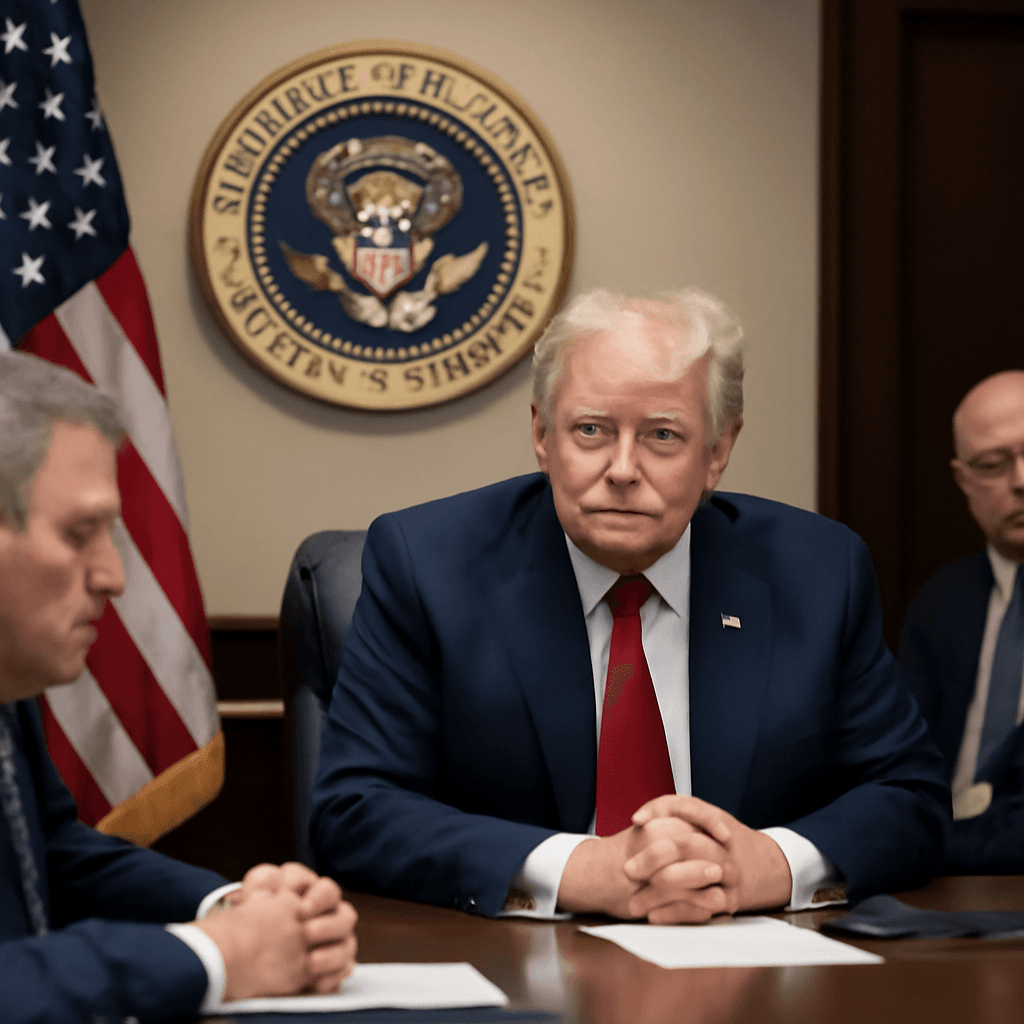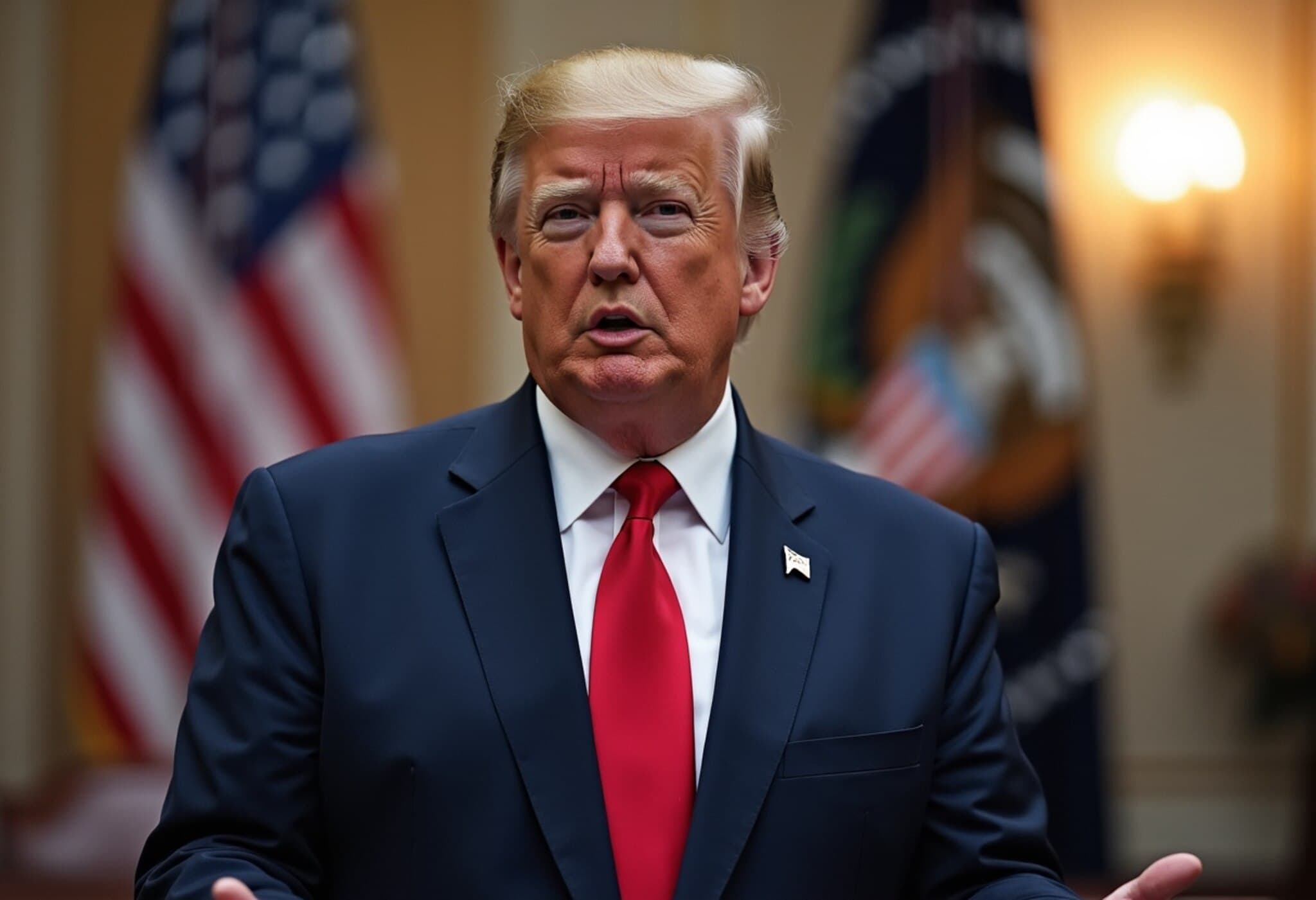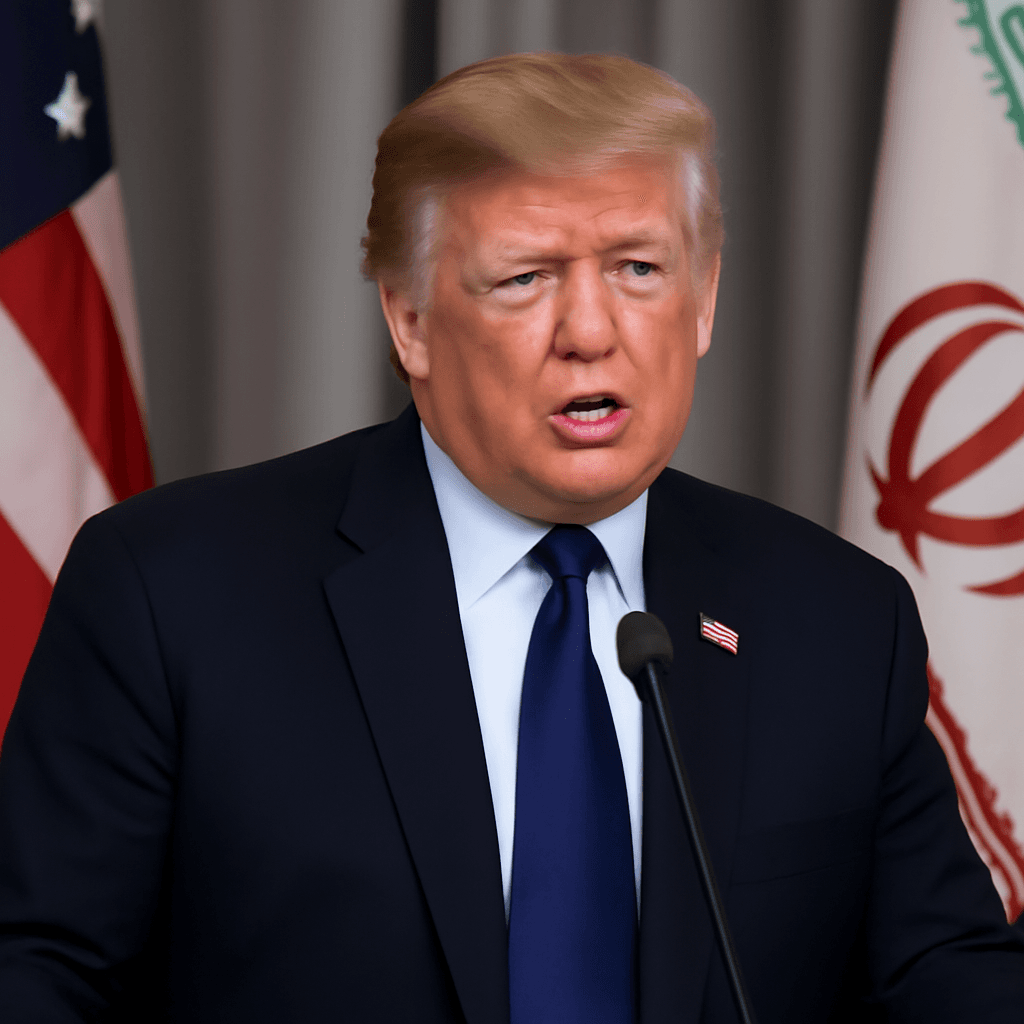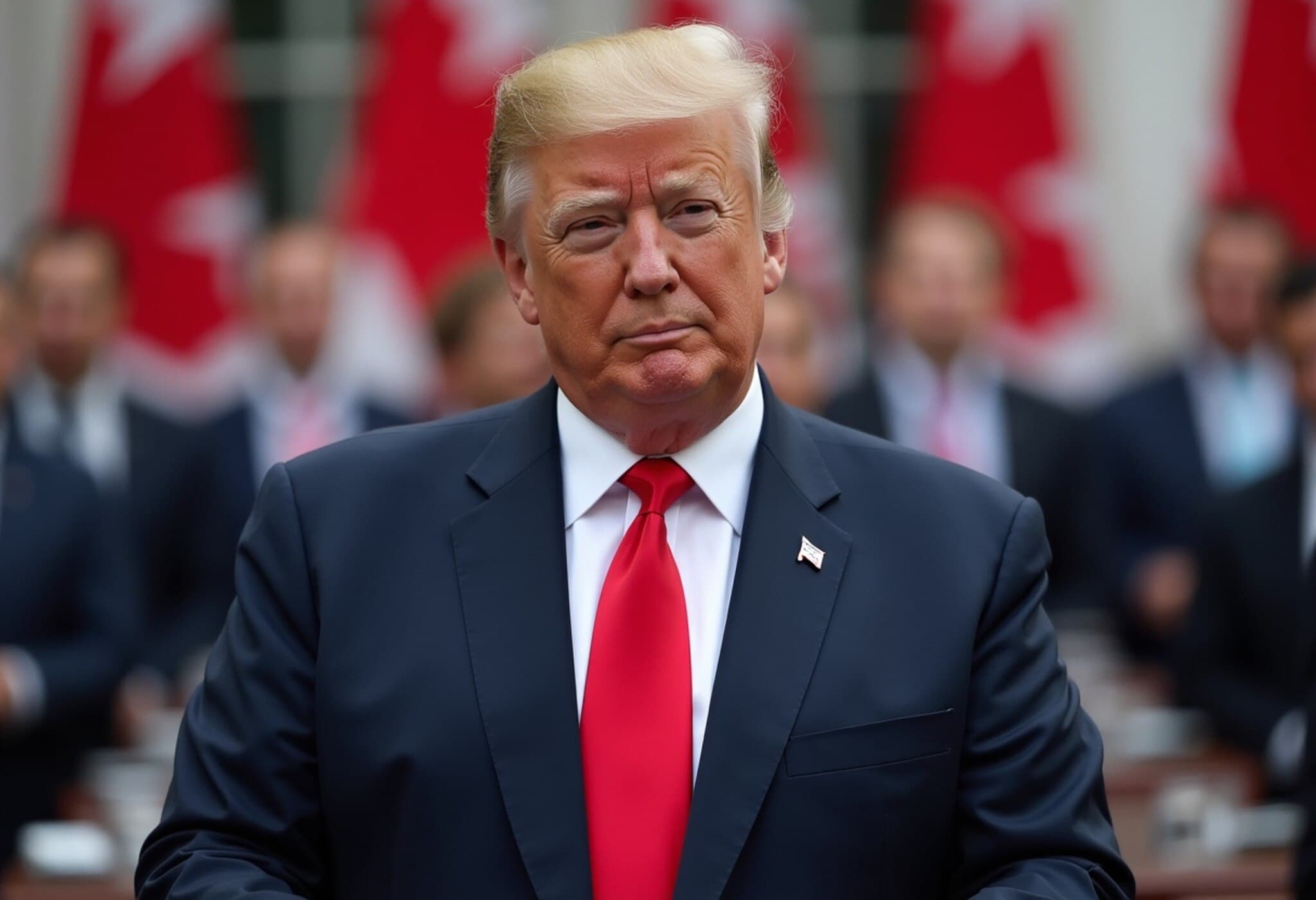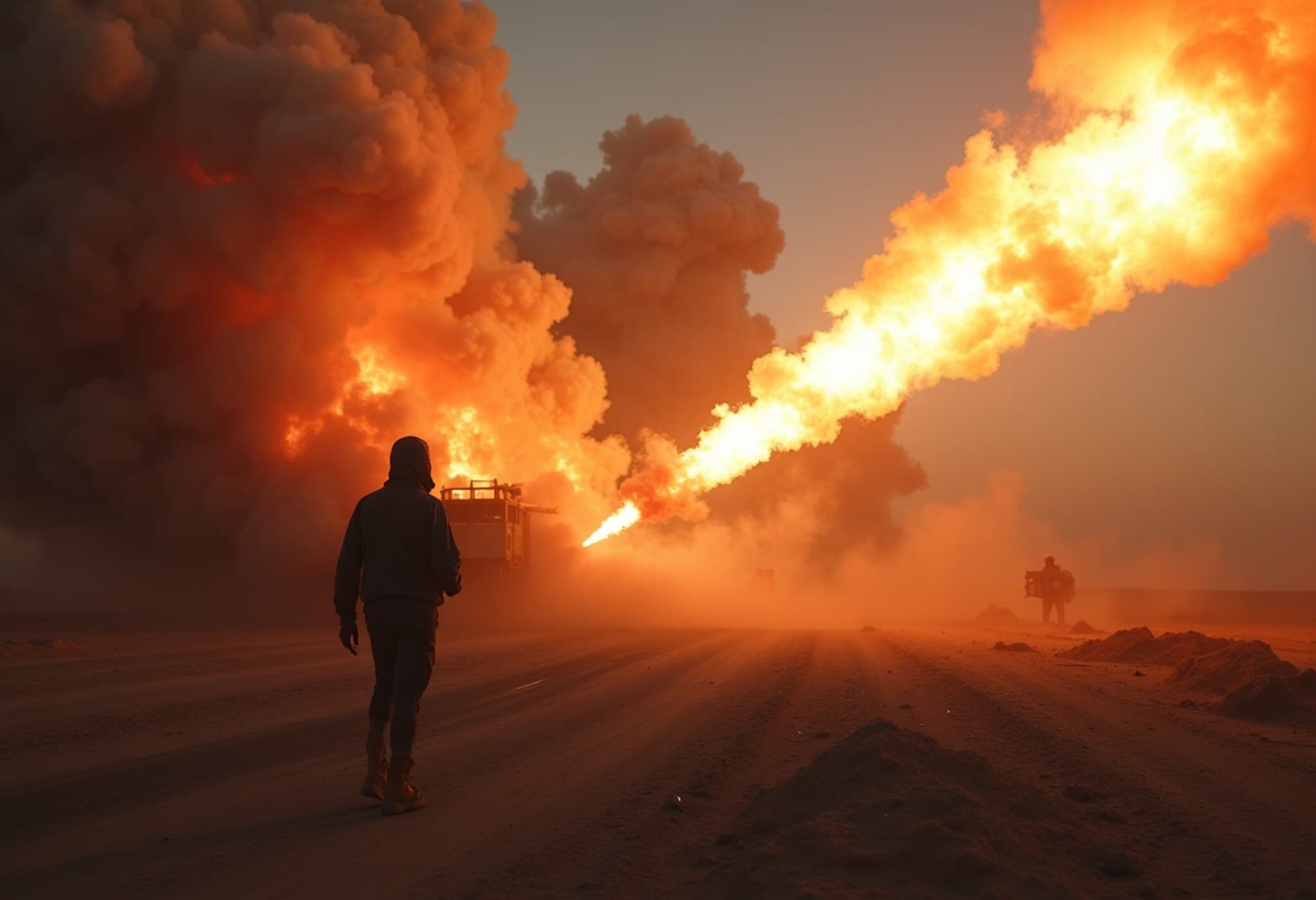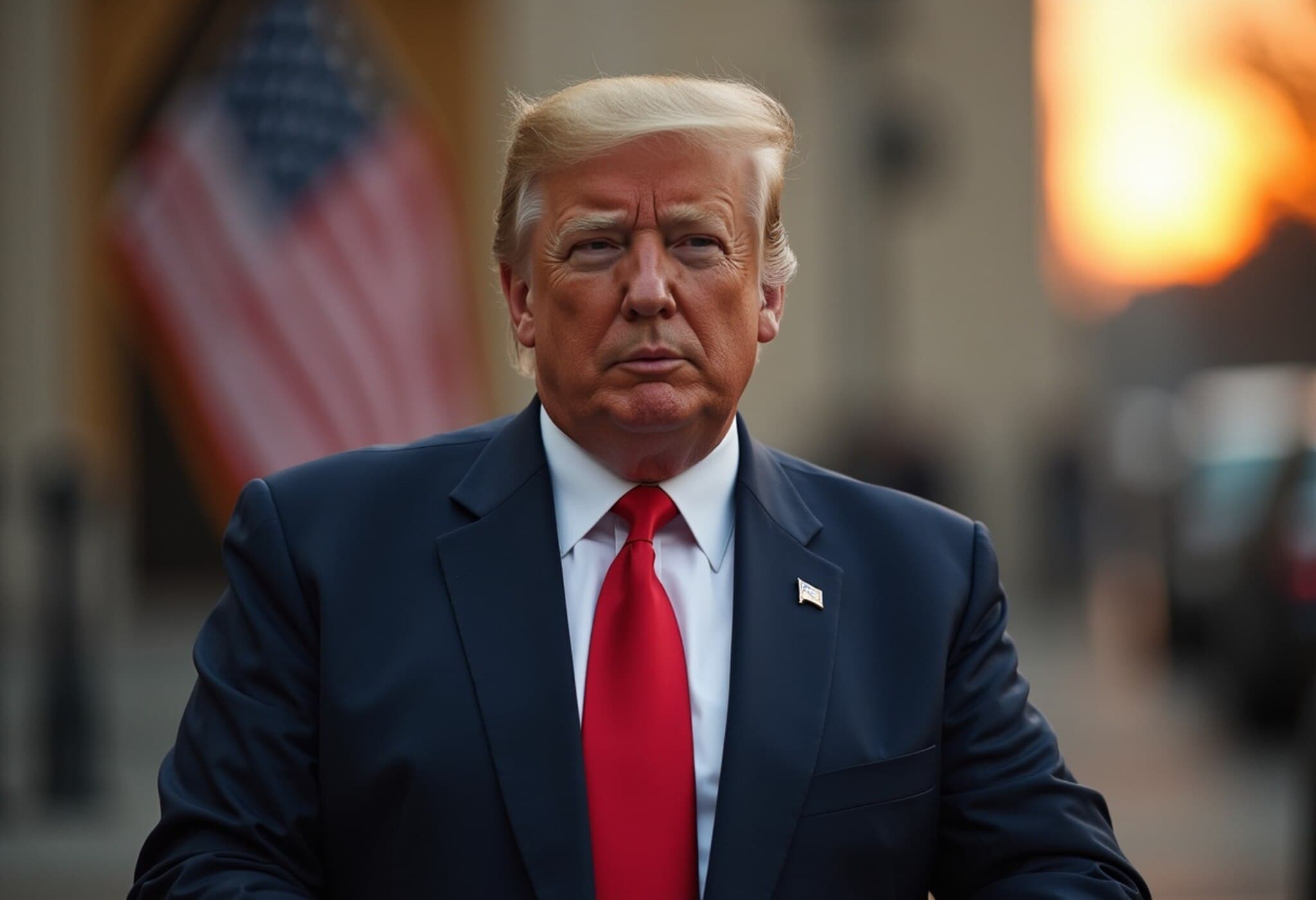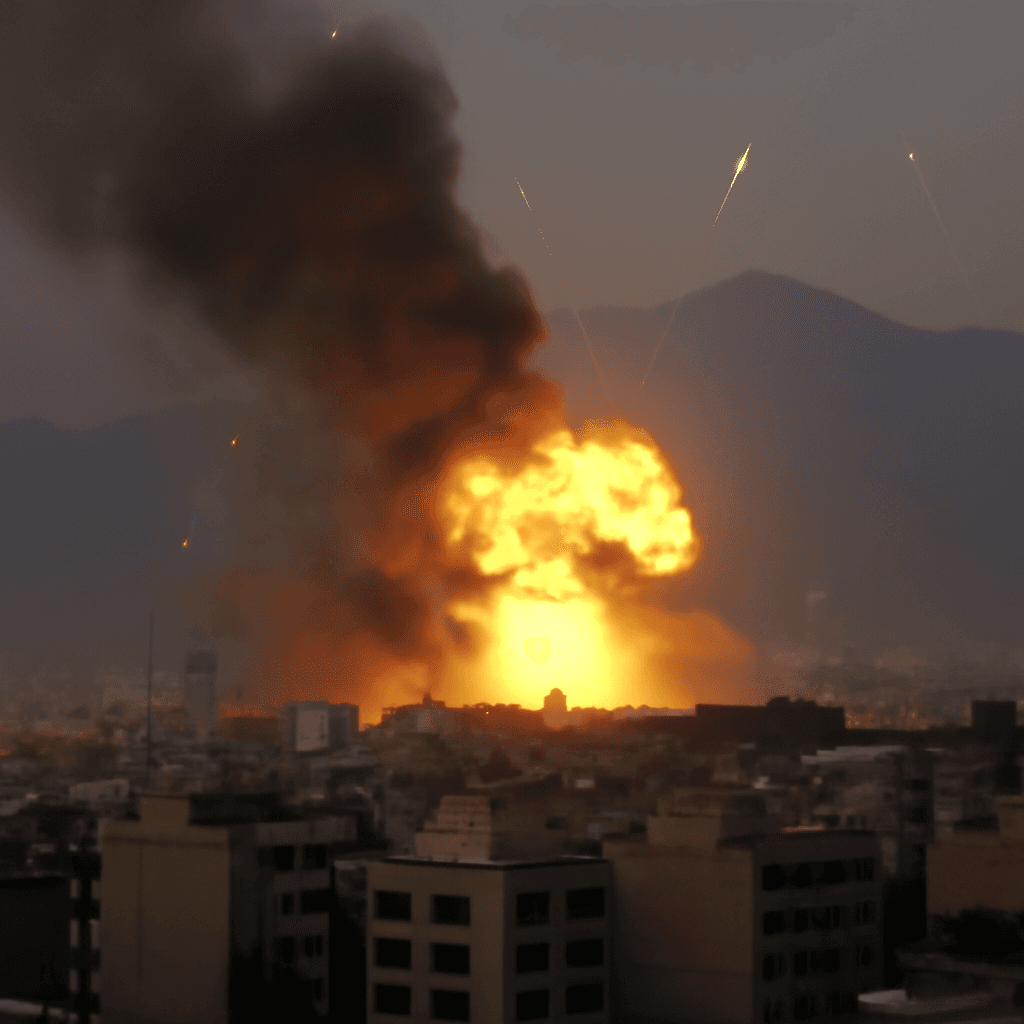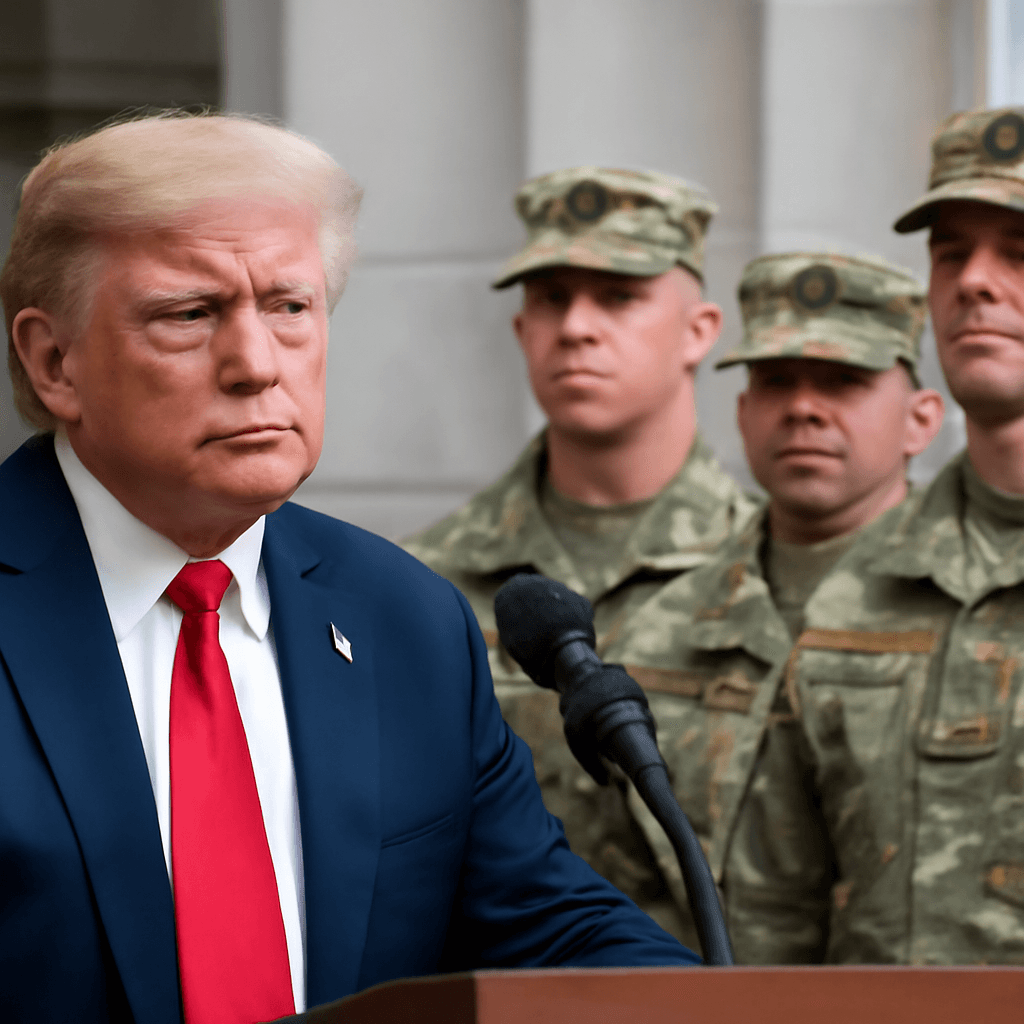Trump Heads to National Security Meeting Amid Rising Middle East Tensions
The White House announced on Thursday night that US President Donald Trump will convene a National Security Council meeting Friday morning at 11 a.m. ET (1500 GMT), following Israeli airstrikes targeting Iran. These developments have stirred unease across the region, prompting urgent attention from the US administration.
Details of the Incident
Israel declared it had launched strikes against Iran early Friday in an effort to halt Tehran's efforts to develop nuclear weapons. Iranian state media and eyewitnesses reported multiple explosions, notably at Iran's primary uranium enrichment facility.
Amid these heightened tensions, the US State Department issued a directive for all American government personnel and their families in Jerusalem to remain indoors until further notice, highlighting the unpredictable security environment.
US Response and Diplomatic Statements
US Secretary of State Marco Rubio described Israel’s actions as "unilateral," emphasizing that Washington was not involved in the strikes. He underscored the US's priority to safeguard American forces in the region and called on Iran to refrain from targeting US interests or personnel.
"Tonight, Israel took unilateral action against Iran. We are not involved in strikes against Iran and our top priority is protecting American forces in the region," Rubio stated.
Context: Stalled Nuclear Talks and Regional Stability
The backdrop to this escalation includes President Trump’s pursuit of a renewed nuclear agreement to limit Iran's uranium enrichment efforts—a process currently at an impasse. Earlier on Thursday, Trump acknowledged that an Israeli strike "could very well happen" while expressing hopes for a peaceful resolution to the nuclear dispute.
In parallel, US military officials are preparing for all possible outcomes in the region, including contingency plans to evacuate American civilians if necessary.
Security Advisories and Precautionary Measures
The US embassy’s security alert in Jerusalem described the situation as volatile and subject to rapid change. It warned that, without prior notice, further travel restrictions or prohibitions might be imposed on US government employees and their families, particularly within Israel and the Israeli-occupied West Bank.
What Lies Ahead?
- The National Security Council meeting will assess the latest developments and coordinate US policy responses.
- Ongoing diplomatic efforts remain focused on preventing wider conflict while addressing Iran’s nuclear ambitions.
- American citizens in the region are advised to stay alert and comply with embassy instructions.
As concerns escalate in the Middle East, Washington’s approach will be closely watched worldwide, balancing firm security interests with the pursuit of diplomatic solutions.

